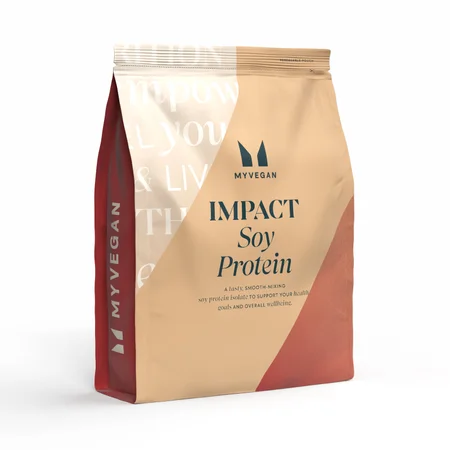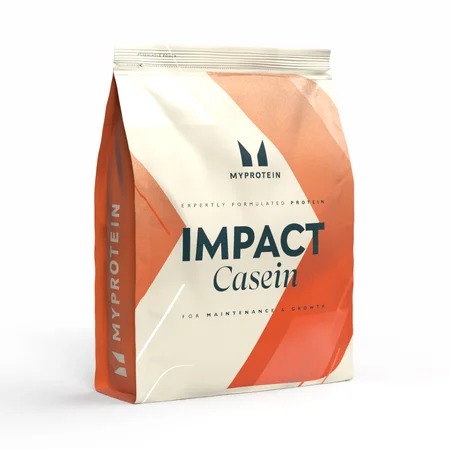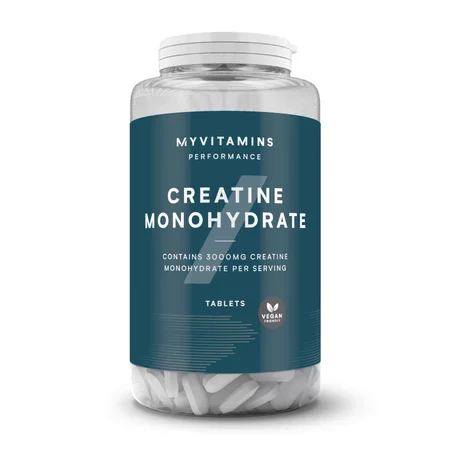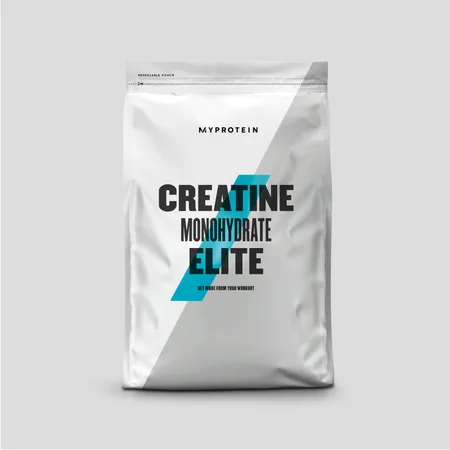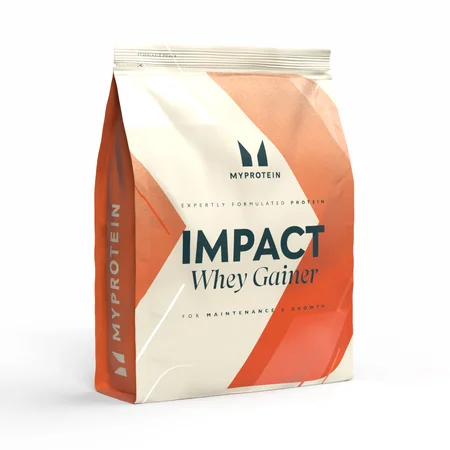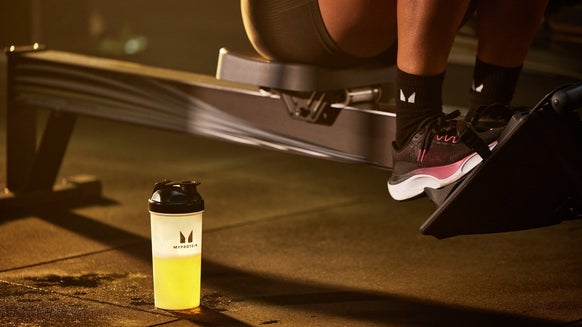How Skinny Guys Can Grow Muscle | Top Tips & Mistakes To Avoid

Too Eager? Jump Straight to:

6 Skinny Guy Mistakes When Trying To Grow Muscle:
1. You’re not eating enough

6 Foods For Your Muscle Building Meal Plan
The foods you need to really build muscle.
2. You’re not getting your protein intake right
Similarly, eating above this has been shown to have no additional benefit when it comes to muscle gain and the calories may be better used in the form of carbohydrates.
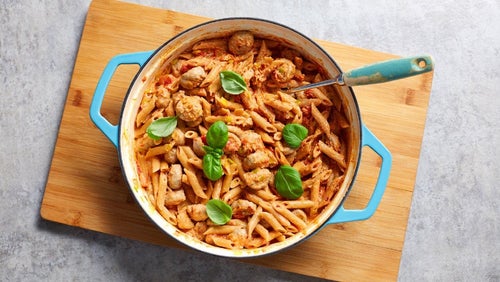
Healthy Pasta Recipes | Lean, Creamy Sausage Pasta Meal Prep
Who can resist a steaming bowl of pasta... especially when it's this good for you?
3. You are not eating protein regularly enough
Your body goes through a continuous period of muscle protein turnover with periods of muscle protein breakdown and muscle protein synthesis. When protein synthesis exceeds protein breakdown you will build muscle.
If you are not eating protein regularly throughout the day, or miss important meals such as breakfast, your period of muscle protein breakdown will be extended. This will make it harder to build muscle.
Try out these high protein snacks the next time you feel peckish.
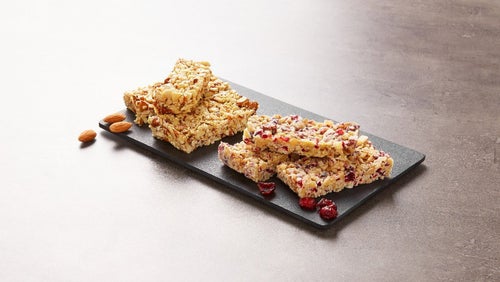
High-Protein Breakfast Bars 2 Ways | Healthy Working-From-Home Snacks
These 4-ingredient nut bars are an easy solution to snacking temptations.
4. You’re not eating enough carbs
Carbohydrates are a critical fuel source for high intensity exercise such as resistance training. They will help you get the most out of each training session and allow you to get those all-important sets and reps out which may make all the difference to your long-term progress.
Additionally, carbs post workout will help you recover. Opt for high GI carbs post workout as they will replenish your glycogen stores faster.
Try our fajita pasta recipe to spice up your usual dinner.
Fajita Pasta Bake
Fajita chicken in a cheesy pasta bake is a crossover we’re all here for.
5. You’re not giving it enough time
Building muscle takes time and setting realistic expectations will stop you from getting disheartened and unmotivated. Due to genetics, some people just build muscle quicker than others.
If you're looking for more guidance on how quickly you can build muscle, this article can help.

Can You Really Build Muscle Fast? | This Is How Long It Really Takes
Expert tips on how to get ripped fast, even without a gym.
6. You’re not sticking to a plan
How Can Skinny Guys Bulk Up?
We've outlined these key muscle building components, and how you can kickstart your muscle building journey.
Nutrition
Make sure you’re getting enough high-quality protein at regular intervals.
For all the veggie muscle builders, chickpeas and lentils are brilliant meat-free alternatives for a protein hit at lunch and dinner.

Carbohydrates are important as a fuel source, for recovery and for calories.
Carbohydrates are a key fuel source during high intensity and will help you recover from a demanding training session.
If you're looking for a delicious way to get some carbs in, try our Hasselback Potatoes.

Fats are important for hormone production and will add calories to your diet.
Eating a low-fat diet has been shown to reduce testosterone levels which may affect your capacity to build muscle. Of each of the three macronutrients, fat has the highest number of calories per gram with 9kcals compared to 4kcals in both carbs and protein.
Healthy sources include avocados, oily fish and coconut oil.

Supplements
Whey Protein
Whey protein is a high-quality source of protein with a high amount of essential amino acids and a fast digestion rate. Supplementing whey protein is a convenient way to increase your daily protein intake.
Our Whey Isolate is the perfect all-round protein, and if you're veggie, our Soy Isolate is a great alternative.
Casein Protein
Try out our slow-release Casein to feel the magic effects on your gains.
Creatine
Supplementing creatine will increase your creatine phosphate stores which act as a fuel source during weight lifting. Training with fully saturated creatine stores will mean you can all the sets and reps required to make long term muscle gains.
Try our range of creatine supplements below.
Dextrose
If you struggle to eat enough food, adding some high GI carbohydrates to your post workout shake is an easy way to boost your daily calories. It will also help to increase your glycogen storage and will enable you to train just as hard in your next session.
Training
Exercise selection
Including both multi-joint and single joint exercises is best for building muscle. Multi-joint exercises such as squats and bench press will boost the hormone response to training (testosterone and growth hormone) and single joint exercises will allow you to focus on key individual muscles.
Get your rep ranges right
Intensity or training load is one of the most important factors when it comes to building muscle, and choosing the right amount of weight to lift during an exercise is key.
Selecting a weight that you can lift for 6-12 reps is best for building muscle.
Train with enough volume
Training volume is defined as the total amount of sets, reps and load performed during a training session. Evidence shows that higher volume is better for building muscle.
Progression
To maximise muscle building it is important to steadily progress the amount of volume used in a session (total sets, reps and load). It is important to do this gradually as increasing too much too soon may result in over training. So don’t go too heavy, too soon.
Recovery
Sleep
Sleep is a huge part of recovery and studies show that those who sleep better gain more muscle than those with restricted sleep. Aim to get 7-9 hours a night and you’ll be on your way to making gains in no time.

Hydration
Drinking enough water will help prevent muscle soreness and fatigue following a tough session in the gym. This just adds to the importance of staying hydrated throughout the day.

BCAAs
Branched-chain amino acids have been shown to reduce DOMS after a workout and ensuring your diet is protein rich with BCAAs or supplementing BCAAs may mean you don’t skip any sessions due to soreness.

How to go from skinny to muscular - your questions answered:
How long does it take to go from skinny to muscular?
Building muscle can be a slow process; it's more of a marathon than a sprint.
If you get absolutely everything perfect; you’re training hard and making consistent progress, you’re getting your nutrition right and you have a good recovery routine in place – expect to gain between 0.5-1kg of lean muscle mass a month.
Is it harder to gain muscle if you’re skinny?
When it comes to building muscle, as we’ve explained, some are luckier than others. The exact reasons for this individual difference are explained by a range of complicated genetic variations.
A simple way to determine whether you may find it more difficult than others is by looking at your body type.
Body types are split into three groups; mesomorph, endomorph and ectomorph with mesomorphs typically building muscle quicker than ectomorphs, due to the typically higher metabolism of those with the ectomorph body type.
What is an ectomorph?
An ectomorph’s body types characteristics are tall, slim, low in body weight with longer limbs.
Take Home Message
To go from skinny to muscular it’s important to hit all the key fundamentals. Get your nutrition, training and recovery right along with some patience and you are well on your way. So, what are you waiting for?
Interested in some more expert tips?
READ THESE NEXT:

Is Running Really That Good For You?
Is that 7am run really worth it? Find out from our expert.

Food Calories Chart | What's In Your Fruit, Veg, Meat And Other Daily Produce?
A guide on the calorie content of every day foods.

Liam is a certified sport nutritionist with the International Society of Sport Nutrition and is enrolled on the British Dietetics Association’s Sport and Exercise Nutrition register. He has a Bachelor’s of Science in Sport and Exercise Science and is graduate of the ISSN Diploma in Applied Sport and Exercise Nutrition.
Liam is an experienced personal trainer, helping clients reach their health and fitness goals with practical, evidence informed exercise and nutrition advice. In his spare time Liam has competed in numerous powerlifting competitions and enjoys hill walking, football and expanding his recipe repertoire in the kitchen.Find out more about Liam's experience here.
